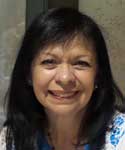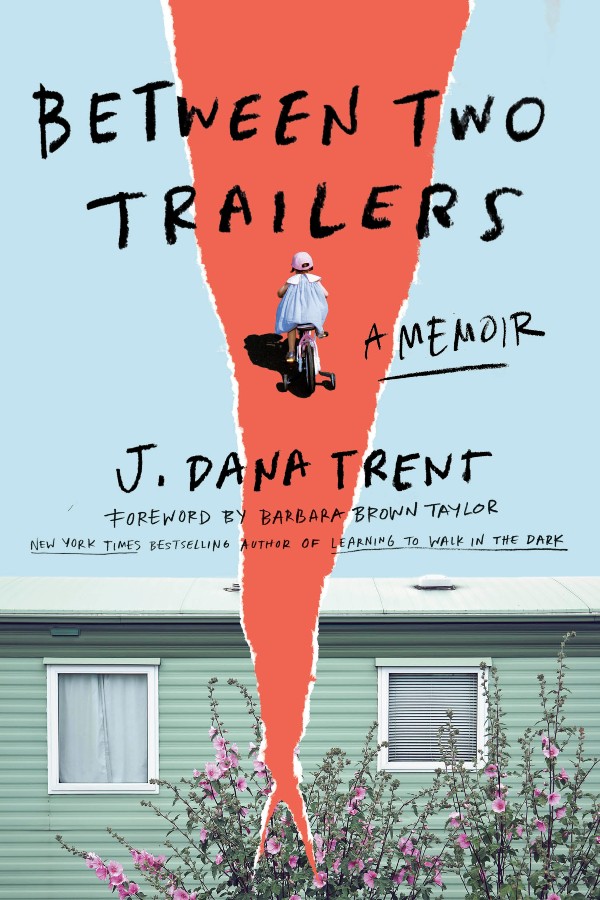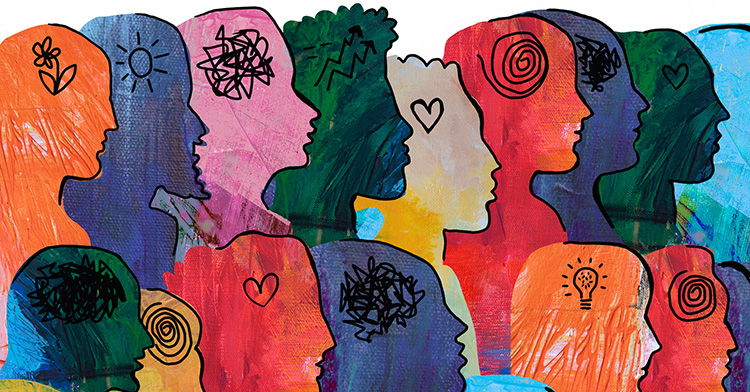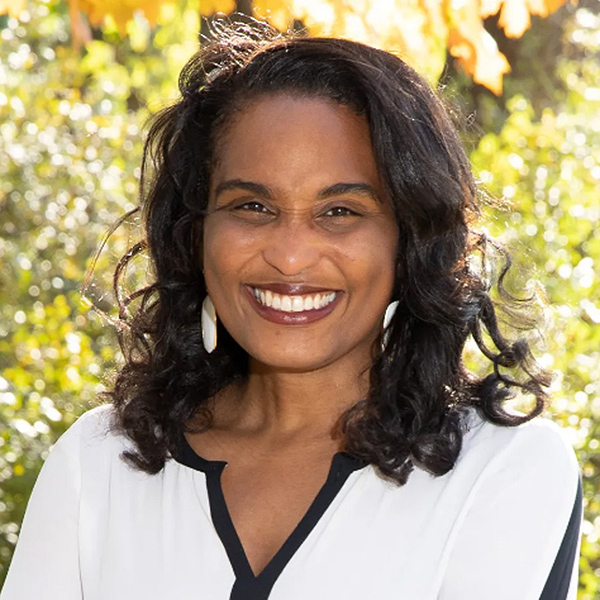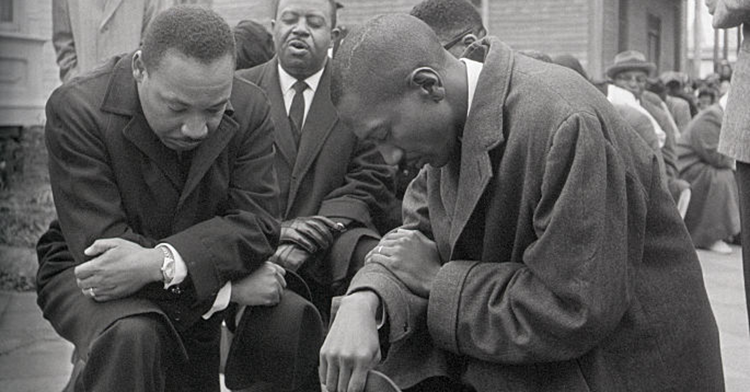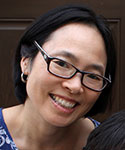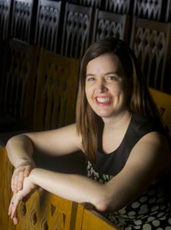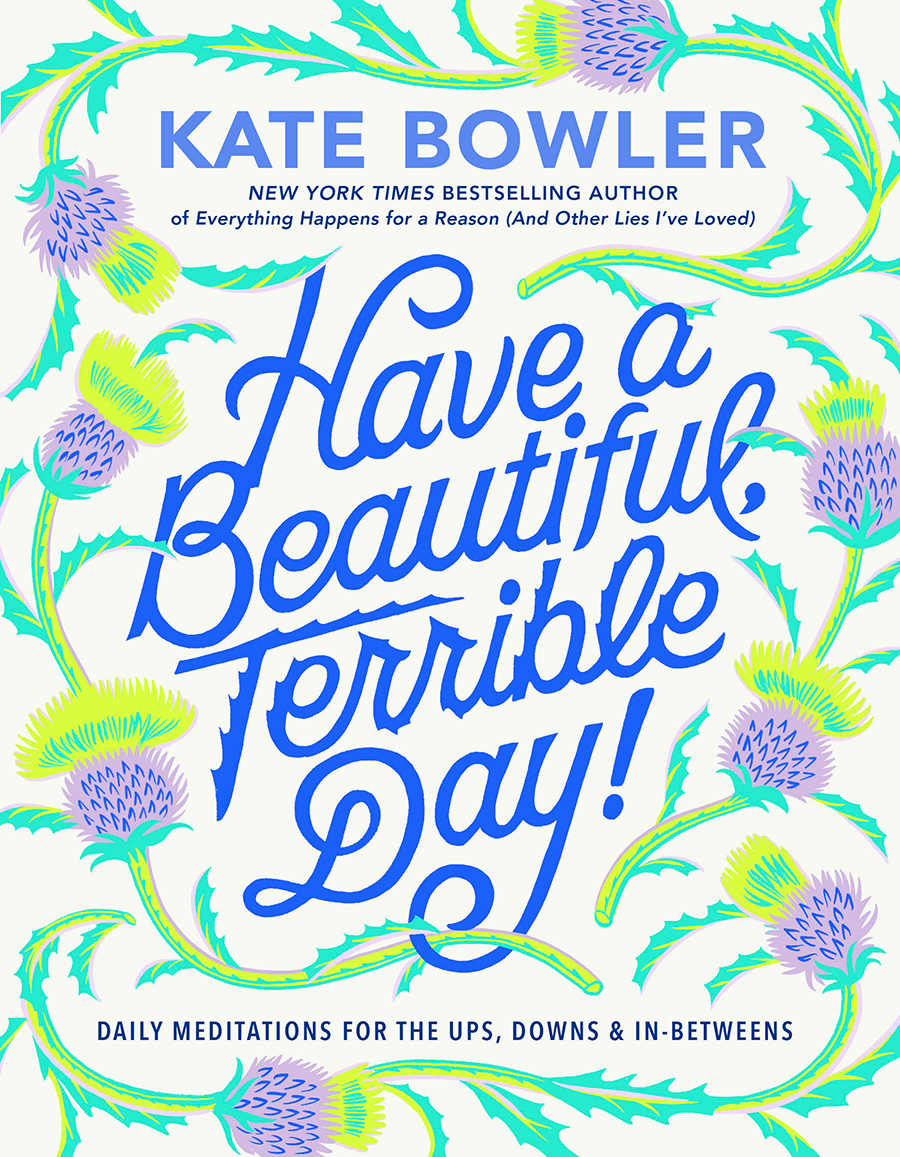I knew why she was at my door. I didn’t fool her at all.
She was a student in a practical ministry class on grief that I taught when I was a missionary in urban Australia. After she asked for a private meeting, I prepared to talk about ways to weather the storm -- though I suspected she was bringing it with her.
We sat on patio chairs in the shade of the pergola. She looked down at her long fingers and perfect nails. She was always so put-together. “She’s young,” I thought. “She has time for that.”
She took in a tight breath and held it for a moment.
“Something told me I can talk to you.”
Her words then wandered around, stopping at some graves. When she got to her father, her voice dropped to a whisper.
“After my sister married and left home ... he started coming to my room at night.”
I nodded slightly and waited, knowing there was more.
Her mouth moved as though the words were jagged glass.
“I was 12 … and my mother knew.”
She looked at me, waiting for a sign. Would I pull back? Did I get what she was saying? I placed my hand on her arm. She said she was sad when he died. That’s what broke her -- to feel sadness, and not just relief. She pressed her forearm against her eyes, walling in the tears. The flood ruptured around it.
I am not a counselor, but I can make tea.
Tea is about holding on to something. With both hands if you have to. You can sip it when you need to pause. My grandmother would give it to people in a blue willow cup so she could read the leaves that clung to the sides. I give it so there is less trauma in the telling.
To tell the story is to give it a pulse. Muscle memory lives right below the skin. It’s your stomach lurching at the sound of heavy boots on a wooden floor. It’s the smell of jug wine that becomes unbrushed teeth and sour sweat. It feels like dust trapped in cat hair on the linoleum under the box springs. A 6-year-old hides there, trying not to breathe so loud.
I reminded myself to exhale.
“I don’t know why I told you that,” she said. “I’ve seen a counselor for years. He still doesn’t know about it.”
I knew why she told me. I had sensed it, almost from the moment we met. She came to church every week, hiding under a carefully belted coat, shoulders hunched against an absent wind. That’s why I always put an arm around her at the door, pulling her in just a little, until she began to hug back.
I couldn’t read her mind. I never told her my story. But spirit bears witness.
We sipped tea for 12 weeks and explored the book that had helped me -- “The Wounded Heart,” by Dan Allender. We scribbled in our workbooks and put a voice to long-buried heartbreak. We even laughed when she felt safe to express something besides pain.
At our last visit, she hugged me hard. That was all. Our time was over, but something stayed behind, like tea leaves after the tea.
Years ago when I became a Christian, new life brought the moon down where I could touch it. I stood in its glow, clean, forgiven and a child of God. No longer a statistic, I was transformed. I was a new creation. I was not my origins anymore.
The old feelings came back when a women’s group asked me to speak to them. Welcome back, girl the other ones talk about.
“Joanie said she saw her in a cop car last week. That’s why she was absent. You don’t get black eyes from the flu.”
I gathered a breath and knocked on the door. It looked like a Tupperware party. Casual jewelry. Cheese. Crackers. I was supposed to bring the tears, like a covered dish.
“We need to hear this,” they told me.
Afterward, two women sipped coffee and looked at me, heads cocked like little birds.
“We would never have thought that about you,” one said. “You seem so normal.”
She meant it as a compliment, and I didn’t have the energy to tell her otherwise. It didn’t matter; my story wasn’t for them. It was for the one who would later motion me to a corner and make her confession, as if the sins were hers.
“That happened to me, too.” Always a whisper.
My story was for her and for the one who would be there for her when it was over.
I was the anti-Tupperware hostess. I didn’t tell them how to “burp the lid” and keep everything safe and sealed in. I told them the opposite.
“Your leftovers are rotting in there. This is how you let them out.”
But I was a good hostess. I left them with a simple recipe they could adjust to suit their needs.
“If this happened to you, talk to someone you trust. A counselor is a gift. A friend is a lifeline. Tell her exactly what you need -- ‘I want you to help me by listening to some things that are hard to say and hard to hear. I need you to be patient and let me get it out. Afterward, and maybe sometimes in the middle, I will need a hug. Can you do that for me?’”
That’s it. It’s a good rule for grief, and a good rule for healing from childhood trauma. I know, because I am my origins. I am my transformation. I make good tea.


